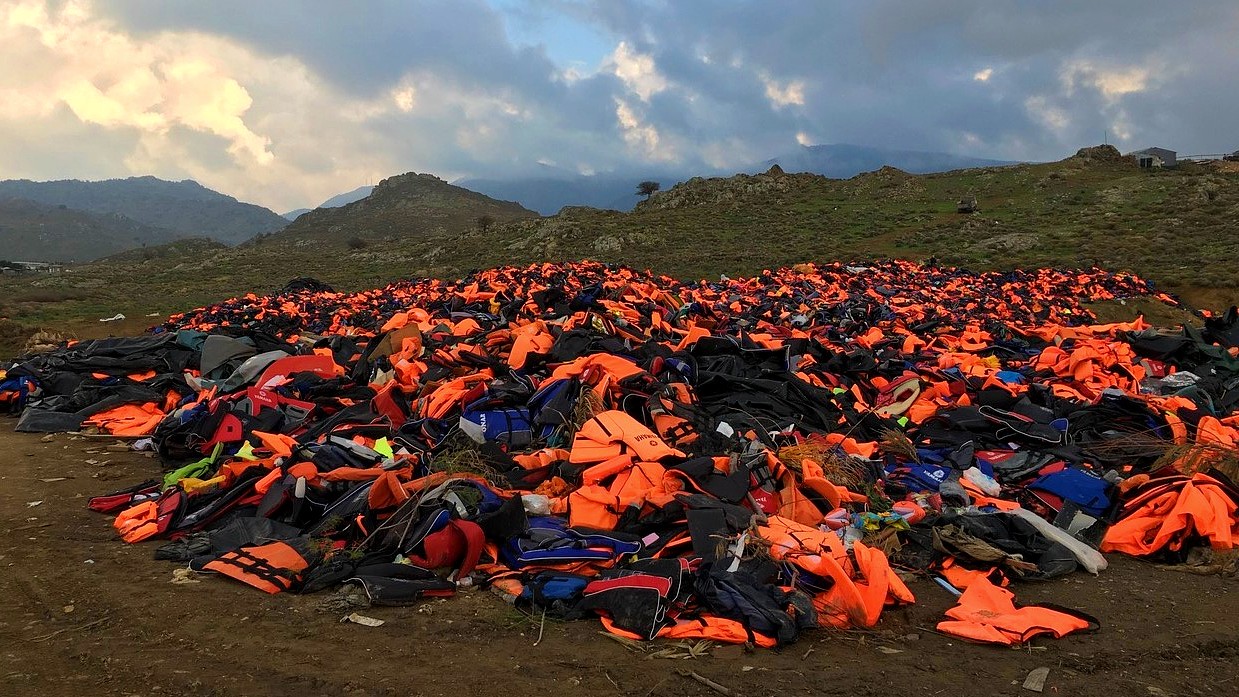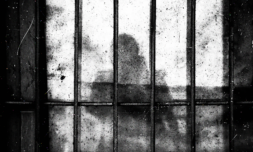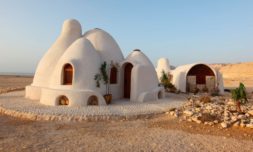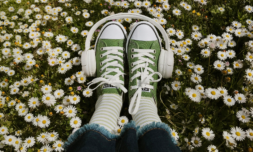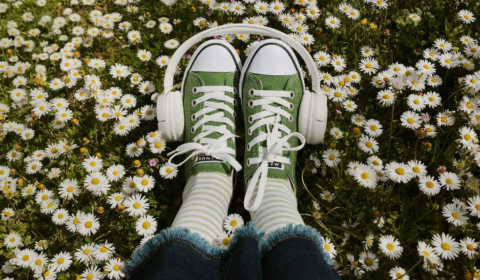Founded by former refugee Mohamed Malim, Epimonia is a start-up dedicated to raising awareness about the global displacement crisis.
Today, over 280 million people around the world live outside their home country. Most of them are migrants, people who choose to leave in search of better opportunities.
A staggering 35 per cent (100 million) of them, however, are refugees. Those fleeing their native lands due to war, persecution, and other devastating factors beyond their control.
With the global total of forcibly displaced people at the highest level since records began, raising awareness about this rising – not to mention deeply concerning – trend has never been more important.
That’s why 23-year-old former refugee turned social entrepreneur Mohamed Malim founded Epimonia (which means perseverance in Greek), a fashion label dedicated to starting more realistic and balanced conversations about the crisis.


How? By taking lifejackets from the Greek island of Lesbos, those worn by refugees when they crossed the Mediterranean, and turning them into statement pieces such as beanies, various items of clothing, and bracelets.
The latter being Epimonia’s signature product, half the profits of which are donated to US organisations that practically support refugees, with education and advancement, for example.
‘People see you wearing orange, ask about it, and then you can talk about the company and about refugees,’ says Malim, who adds that his company’s seamsters are all refugees as well.
‘I chose the word ‘Epimonia’ because refugees go through many challenges and persevere throughout the whole journey. When you wear an Epimonia garment, you’re wearing something very powerful. It’s solidarity – you’re standing with refugees around the world.’









